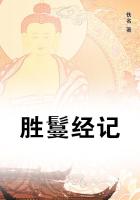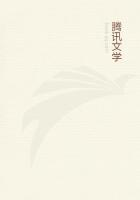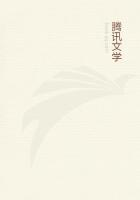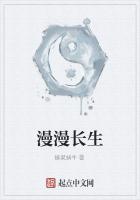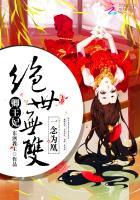This last rule is an instance of the things which the hunter abstains from doing lest, on the principle that like produces like, they should spoil his luck. For it is to be observed that the system of sympathetic magic is not merely composed of positive precepts; it comprises a very large number of negative precepts, that is, prohibitions. It tells you not merely what to do, but also what to leave undone. The positive precepts are charms: the negative precepts are taboos. In fact the whole doctrine of taboo, or at all events a large part of it, would seem to be only a special application of sympathetic magic, with its two great laws of similarity and contact. Though these laws are certainly not formulated in so many words nor even conceived in the abstract by the savage, they are nevertheless implicitly believed by him to regulate the course of nature quite independently of human will. He thinks that if he acts in a certain way, certain consequences will inevitably follow in virtue of one or other of these laws; and if the consequences of a particular act appear to him likely to prove disagreeable or dangerous, he is naturally careful not to act in that way lest he should incur them. In other words, he abstains from doing that which, in accordance with his mistaken notions of cause and effect, he falsely believes would injure him; in short, he subjects himself to a taboo. Thus taboo is so far a negative application of practical magic. Positive magic or sorcery says, Do this in order that so and so may happen. Negative magic or taboo says, Do not do this, lest so and so should happen. The aim of positive magic or sorcery is to produce a desired event; the aim of negative magic or taboo is to avoid an undesirable one. But both consequences, the desirable and the undesirable, are supposed to be brought about in accordance with the laws of similarity and contact. And just as the desired consequence is not really effected by the observance of a magical ceremony, so the dreaded consequence does not really result from the violation of a taboo. If the supposed evil necessarily followed a breach of taboo, the taboo would not be a taboo but a precept of morality or common sense. It is not a taboo to say, Do not put your hand in the fire; it is a rule of common sense, because the forbidden action entails a real, not an imaginary evil. In short, those negative precepts which we call taboo are just as vain and futile as those positive precepts which we call sorcery. The two things are merely opposite sides or poles of one great disastrous fallacy, a mistaken conception of the association of ideas. Of that fallacy, sorcery is the positive, and taboo the negative pole. If we give the general name of magic to the whole erroneous system, both theoretical and practical, then taboo may be defined as the negative side of practical magic. To put this in tabular form:
I have made these remarks on taboo and its relations to magic because I am about to give some instances of taboos observed by hunters, fishermen, and others, and I wished to show that they fall under the head of Sympathetic Magic, being only particular applications of that general theory. Thus, among the Esquimaux boys are forbidden to play cat's cradle, because if they did so their fingers might in later life become entangled in the harpoon-line. Here the taboo is obviously an application of the law of similarity, which is the basis of homoeopathic magic: as the child's fingers are entangled by the string in playing cat's cradle, so they will be entangled by the harpoonline when he is a man and hunts whales. Again, among the Huzuls of the Carpathian Mountains the wife of a hunter may not spin while her husband is eating, or the game will turn and wind like the spindle, and the hunter will be unable to hit it. Here again the taboo is clearly derived from the law of similarity.
So, too, in most parts of ancient Italy women were forbidden by law to spin on the highroads as they walked, or even to carry their spindles openly, because any such action was believed to injure the crops. Probably the notion was that the twirling of the spindle would twirl the corn-stalks and prevent them from growing straight. So, too, among the Ainos of Saghalien a pregnant woman may not spin nor twist ropes for two months before her delivery, because they think that if she did so the child's guts might be entangled like the thread.


